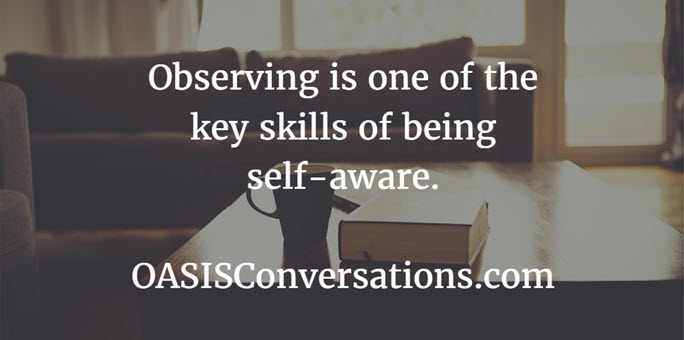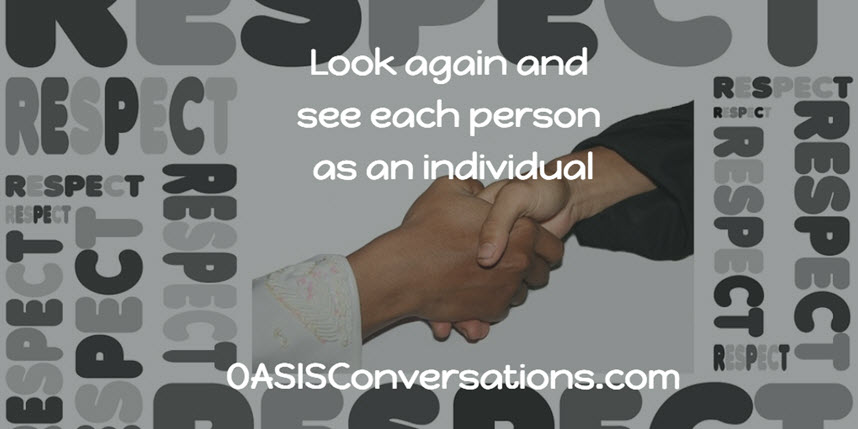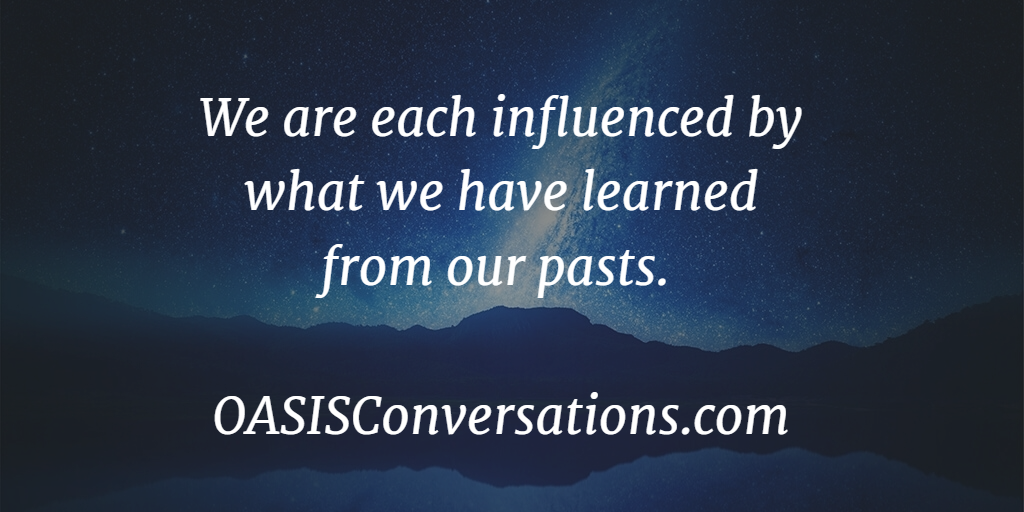 In workshops, I ask participants to observe what I do for two minutes. Without further explanation, I walk out of the room, then back in. Then I look under participants’ workbooks, I look behind doors, I clap, and I put my hands on my hips. I take off my shoe and put it back on. I throw a ball up in the air and take the caps off two markers and smell them. Then I ask participants, “What did you observe?”
In workshops, I ask participants to observe what I do for two minutes. Without further explanation, I walk out of the room, then back in. Then I look under participants’ workbooks, I look behind doors, I clap, and I put my hands on my hips. I take off my shoe and put it back on. I throw a ball up in the air and take the caps off two markers and smell them. Then I ask participants, “What did you observe?”
Participants say: “You were unorganized.” “You lost something.” “You were frustrated.” “You were nervous.” “You were confused,” or “You were rude.” Some say, “You didn’t know what you were doing.” “You were upset.” “Your behavior bothered me— it was irritating.” These kinds of statements come quickly from participants. When I keep asking, “What did you observe?” they continue to state a wide range of their assumptions based on my behavior. Finally, a participant will state, “You left the room.” Another might say, “You came in the back door,” or “You threw the ball in the air.” Continue reading →
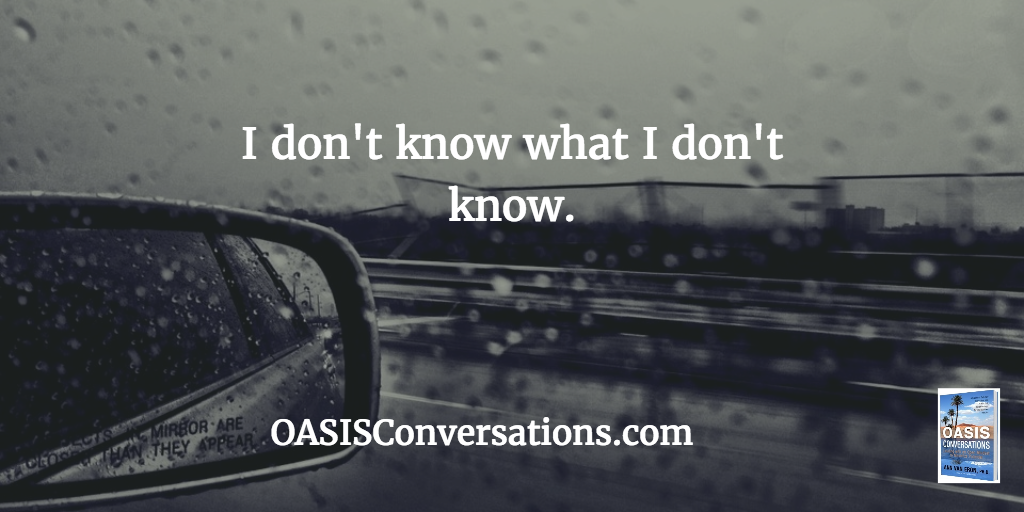

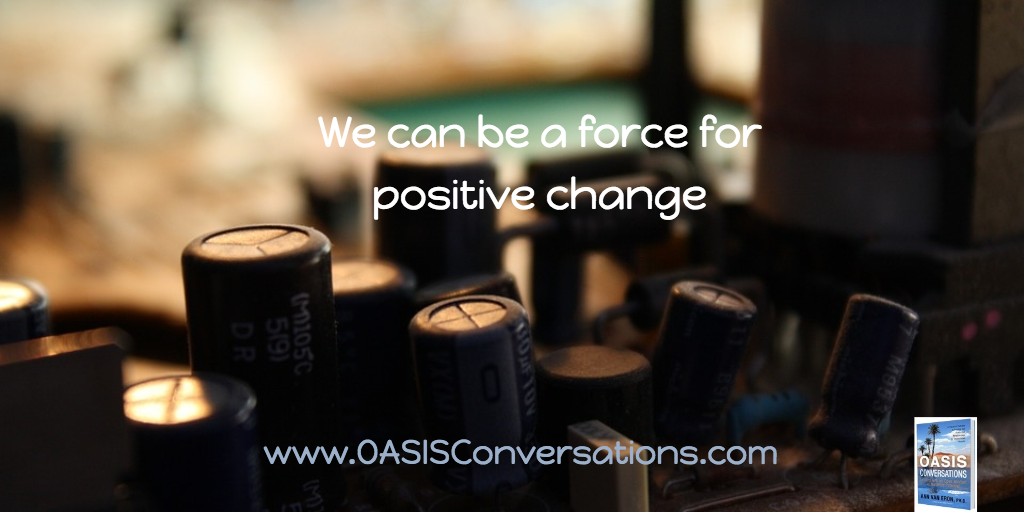
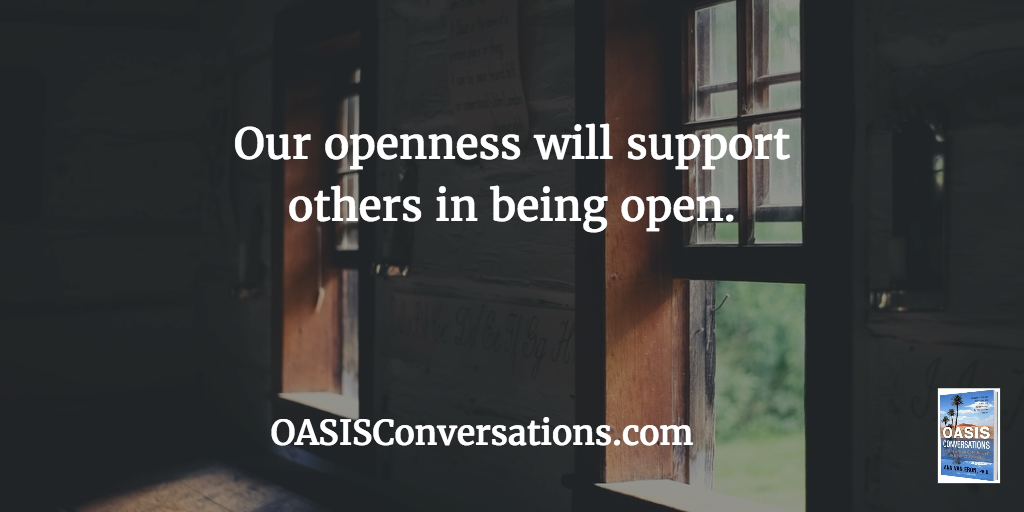
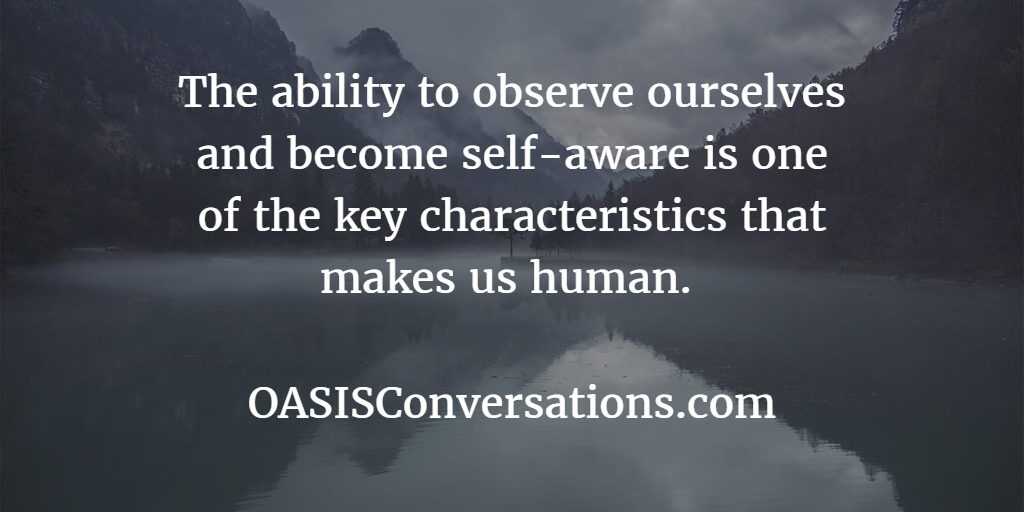 Examine your assumptions, emotions, and background before choosing what to share with others. Internally, we process what we observe, making sense of it, and then select an action or response. Sometimes, this process happens very quickly. We may feel we don’t have a lot of choice about our actions, particularly when we have a strong emotional reaction.
Examine your assumptions, emotions, and background before choosing what to share with others. Internally, we process what we observe, making sense of it, and then select an action or response. Sometimes, this process happens very quickly. We may feel we don’t have a lot of choice about our actions, particularly when we have a strong emotional reaction.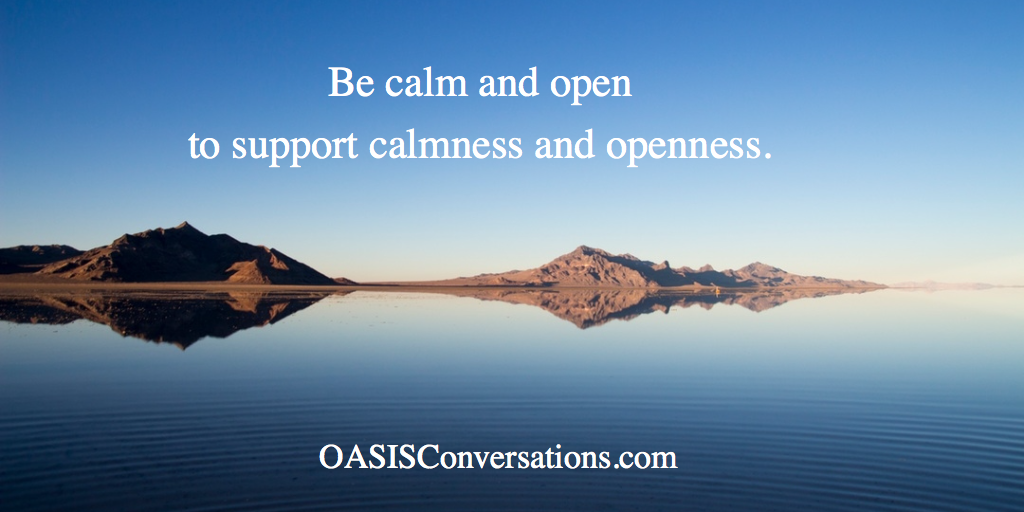 It is easy to feel off center given the turbulent environment. In addition, emotions are contagious and we pick up the anxiety of others. It is easy to feel helpless.
It is easy to feel off center given the turbulent environment. In addition, emotions are contagious and we pick up the anxiety of others. It is easy to feel helpless.
